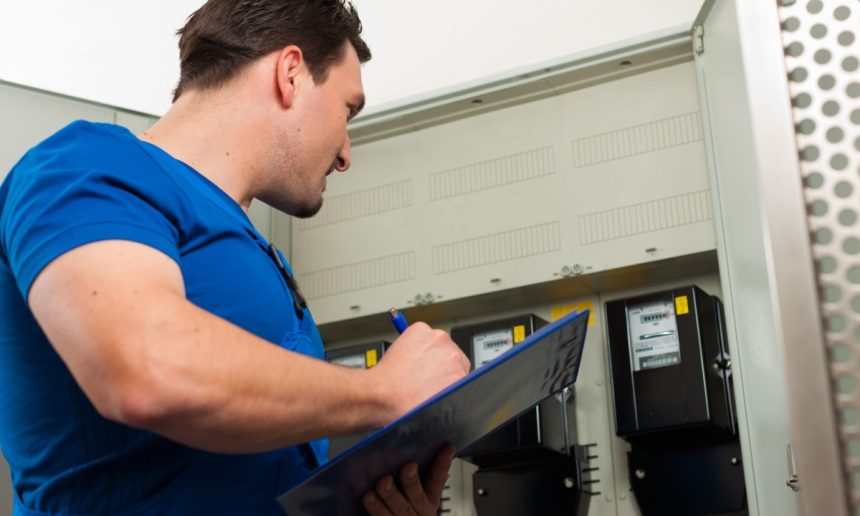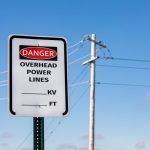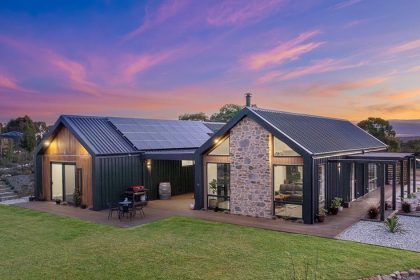Ditching gas in favour of electricity could save Aussie households hundreds of dollars annually, new research has revealed.
Researchers are calling on Australia’s federal and state governments to help more households switch from fossil fuel energy by electrifying their properties.
The report ranks Queensland, Western Australia, and the Northern Territory as having some of the least effective policies to support household electrification.
Historically, Aussie households have relied on gas for heating rooms, hot water and cooking – making up a significant chunk of the 8.5 million tonnes of CO2 emitted by Australia’s residential sector annually.
A new report by Monash University’s Climate Change Communication Research Hub (MCCCRH) has found electrifying gas-powered homes could save the country $4.9 billion per year.
This equates to putting $450 back in the wallets of Aussie households, many of whom are struggling to keep up with rising energy prices due to the cost-of-living crisis.
Currently, the cost of gas is rising at twice the rate of electricity, with low-income gas-connected households facing energy poverty as prices continue to increase.
Benefits of ditching gas:
The report, titled Switching on: benefits of household electrification in Australia, concludes electrification can reduce emissions, improve health, create jobs and reduce energy costs for Australians.
MCCCRH project coordinator Amelia Pearson says household electrification has a critical role in Australia’s fight against rising energy prices and its 2050 net zero carbon emission goals.
“Ultimately, electrification is more efficient, cheaper to run, and allows us to tap into our abundant renewable energy resources like solar and wind. It will also accelerate the decarbonisation of Australia’s economy,” she said.
“As gas prices continue to overtake the cost of electricity, electrification makes more financial sense for Australian households.”
Aside from the financial benefits, the report found that switching from electricity to gas can also improve one’s health due to residential gas usage increasing indoor air pollution.
The harmful pollutants created by residential gas usage, such as methane, could be particularly damaging to vulnerable groups such as children, minorities or those with respiratory morbidities.
Gas heating can lead to health risks
MCCCRH’s Dr. James Burgmann-Milner says the most effective way to protect people’s health from these pollutants is to switch from gas to electric heating.
“Gas cookers and unflued gas heaters are two of the largest contributors to indoor air pollution. Making the switch from gas to electric drastically reduces exposure to pollutants that pose short and long-term health risks,” he explained.
“Whether you’re chasing kids across the living room, navigating a chaotic share house or flying solo, living in a pollutant-free home is essential for our health.”
Dr Burgmann-Milner’s research highlighted numerous barriers currently preventing the electrification of many more households, including job shortages in critical trades and financing upfront costs.
The report also includes scorecards ranking each state, territory, and federal government’s electrification policy performance by analysing financial support, energy justice, health focus, household emissions reduction and skills and training.
The ACT and Victoria top the list, but no state or territory achieved more than a 5 out of 10 for producing health-focused electrification policies and programs. Meanwhile, South Australia and the Northern Territory received a zero score for their household emissions reduction policies.
MCCCRH’s overall electrification policy scorecard:
Scores out of 10
1 ACT – 8.4
2 VIC – 7.2
3 FED – 5.9
4 NSW – 5.2
5 TAS – 4.5
6. SA – 3.8
7. QLD – 2.6
8. WA – 2.4
9. NT – 2.4
The report recommends that all state governments aim to improve workforce capability, create policies that prioritise health benefits, and aim to reduce barriers to residential electrification.







